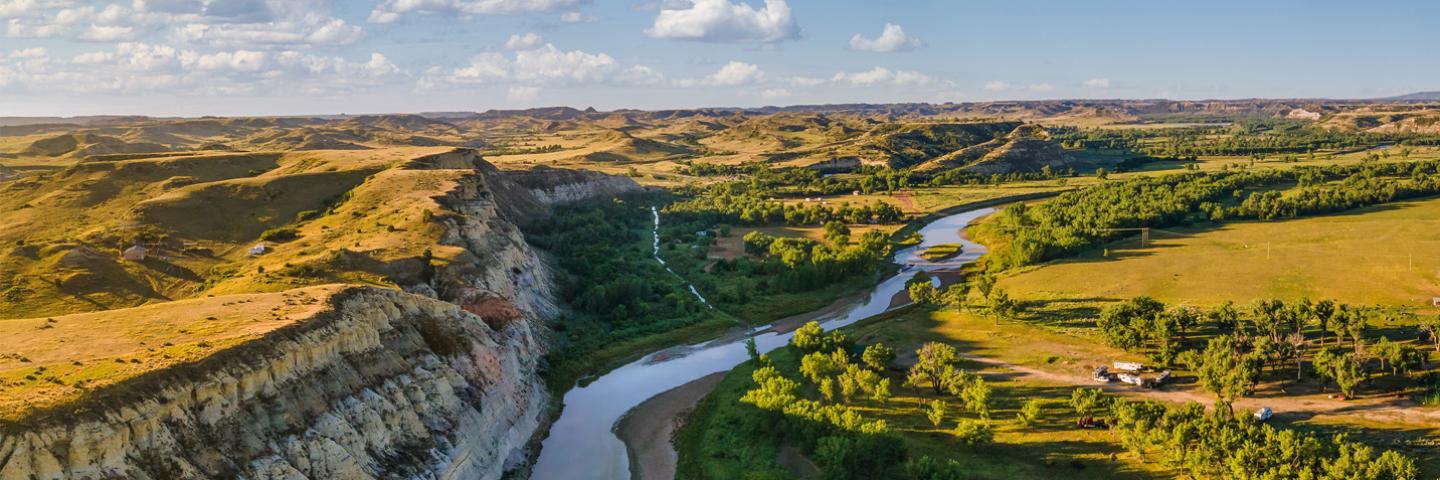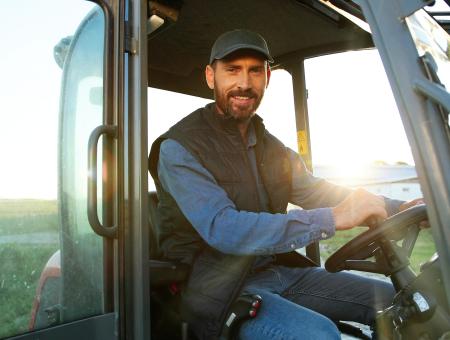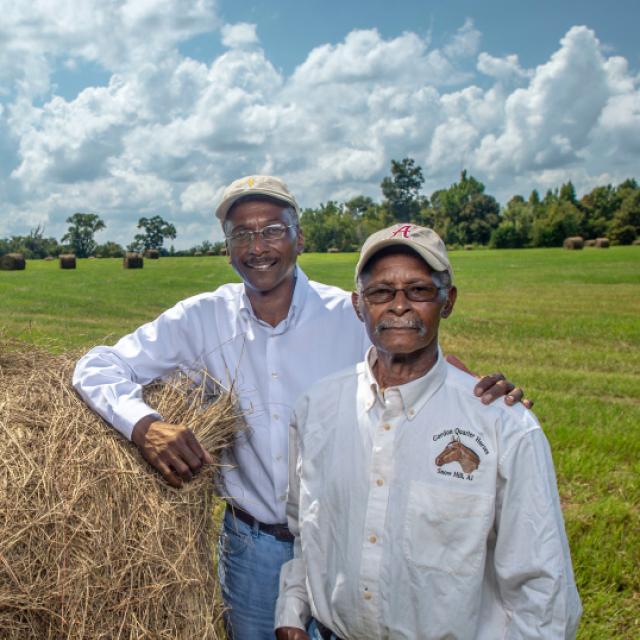Programs - North Dakota
NRCS offers voluntary programs to eligible landowners and agricultural producers to provide financial and technical assistance to help manage natural resources in a sustainable manner. Through these programs the agency…

North Dakota Natural Resources Conservation Service (NRCS) takes pride in the delivery of conservation assistance to thousands of private landowners, offering financial and technical assistance on a competitive basis to eligible producers through many programs and special initiatives.

Stay up to date on North Dakota's latest news! This provides you with direct access to North Dakota's recent press releases.
Access NRCS Fact Sheets, Publications, and NRCS North Dakota Annual Reports.
To sign up for updates or to access your subscriber preferences click HERE.

NRCS North Dakota thrives through strong partnerships, collaborating with farmers, ranchers, Tribal Nations, conservation districts, government agencies, Earth Team volunteers, schools, and local communities.

North Dakota’s Conservation Starts with Our Producers and we want to share their stories with you.
Explore the latest success stories and press releases from across North Dakota.
Consultation, coordination, and collaboration help NRCS North Dakota programs better fit Tribal settings and increase program participation by Tribal Nations, tribal agricultural producers, tribal forest stewards, and landowners.

NRCS can help provide valuable resources to small-scale and urban farmers in North Dakota. Whether it be compost, irrigation or weed and pest management we have something to help you get started.
North Dakota NRCS’s Outreach division provides leadership and funding to ensure all programs and services are accessible to every customer with a strong focus on reaching historically underserved farmers and ranchers.


North Dakota NRCS Public Notices are posted for public review and comment. Specific response options are outlined.
To see all available positions for NRCS and other USDA agencies please visit USAjobs.gov.

NRCS provides financial assistance for selected conservation practices. The availability and amount of financial assistance can vary between states.

State Technical Committees serve in an advisory capacity to the Natural Resources Conservation Service (NRCS) and other agencies of the U.S. Department of Agriculture (USDA) on the implementation of the natural resources conservation provisions of Farm Bill legislation.
Do you farm or ranch and want to make improvements to the land that you own or lease?
Natural Resources Conservation Service offers technical and financial assistance to help farmers, ranchers and forest landowners.

To get started with NRCS, we recommend you stop by your local NRCS field office. We’ll discuss your vision for your land.
NRCS provides landowners with free technical assistance, or advice, for their land. Common technical assistance includes: resource assessment, practice design and resource monitoring. Your conservation planner will help you determine if financial assistance is right for you.
We’ll walk you through the application process. To get started on applying for financial assistance, we’ll work with you:
Once complete, we’ll work with you on the application, or CPA 1200.
Applications for most programs are accepted on a continuous basis, but they’re considered for funding in different ranking periods. Be sure to ask your local NRCS district conservationist about the deadline for the ranking period to ensure you turn in your application in time.
As part of the application process, we’ll check to see if you are eligible. To do this, you’ll need to bring:
If you don’t have a farm number, you can get one from USDA’s Farm Service Agency. Typically, the local FSA office is located in the same building as the local NRCS office. You only need a farm number if you’re interested in financial assistance.
NRCS will take a look at the applications and rank them according to local resource concerns, the amount of conservation benefits the work will provide and the needs of applicants. View Application Ranking Dates by State.
If you’re selected, you can choose whether to sign the contract for the work to be done.
Once you sign the contract, you’ll be provided standards and specifications for completing the practice or practices, and then you will have a specified amount of time to implement. Once the work is implemented and inspected, you’ll be paid the rate of compensation for the work if it meets NRCS standards and specifications.